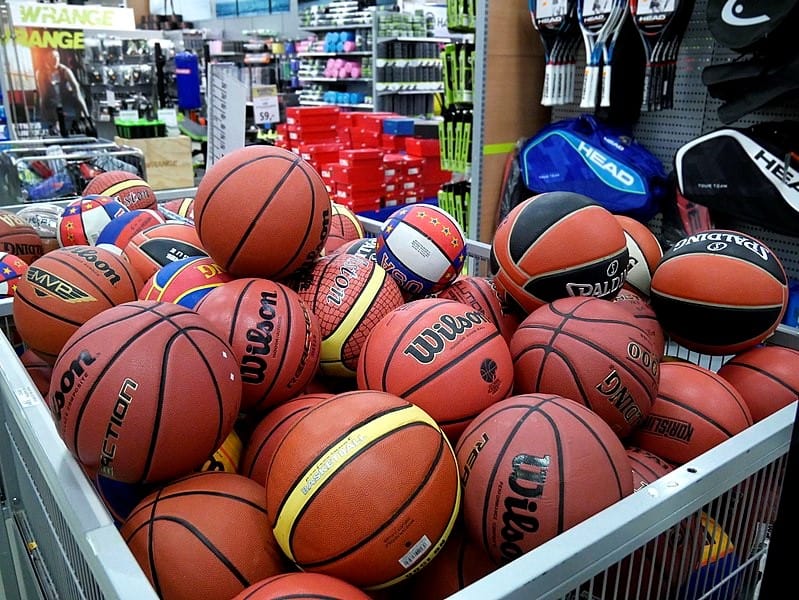Most people are familiar with the concept of “attorney-client privilege.” This protects the confidentiality of communications between an attorney and a client.
(Legal privileges can also protect communications between spouses, and between clergy and penitents.)
A special form of the attorney-client privilege applies to communications between inventors and patent attorneys.
In order for the privilege to apply, the communications must have been made for the purpose of seeking legal advice or services.
For example, this covers inventor-attorney communications involving:
- Seeking advice on patentability
- Obtaining legal services to prepare a patent
The privilege covers disclosures about the patent at issue, including disclosures of potential prior art, as well as any draft applications.
However, the privilege doesn’t cover communications seeking business advice – e.g., “how much is this patent worth?” or “Is it worthwhile to get a patent on this invention?”
The issue was discussed in the Spalding case, which involved a dispute between Spalding and Wilson over basketballs.
As the court wrote in that case:
In determining whether the attorney-client privilege applies, we first note that Spalding’s invention record constitutes a communication to an attorney. As confirmed by the district court’s own review, the invention record was submitted by the inventors of the ‘178 patent to Spalding’s corporate legal department. … Furthermore, the communication was made for the purpose of obtaining legal advice. According to the declaration of Spalding’s current house patent counsel, “[i]t was, and is, the policy at Spalding for Spalding’s patent counsel, and/or outside patent counsel to whom the invention is delegated for evaluation, to refer to the INVENTION RECORD for the purpose of making patentability determinations.” … We therefore hold that an invention record constitutes a privileged communication, as long as it is provided to an attorney “for the purpose of securing primarily legal opinion, or legal services, or assistance in a legal proceeding.”
And as the US Supreme Court has recognized, “[T]he preparation and prosecution of patent applications for others constitutes the practice of law.”


